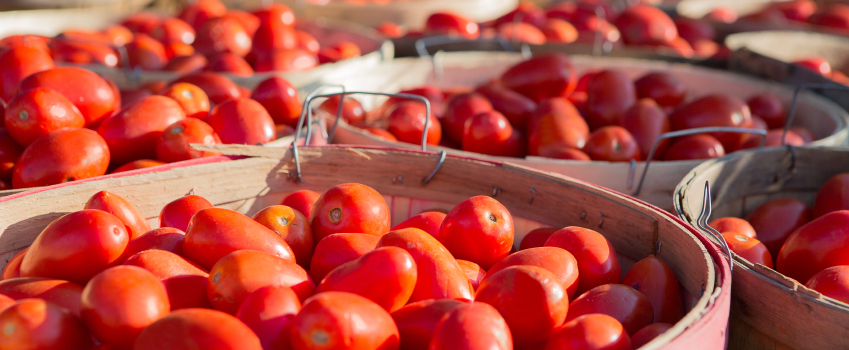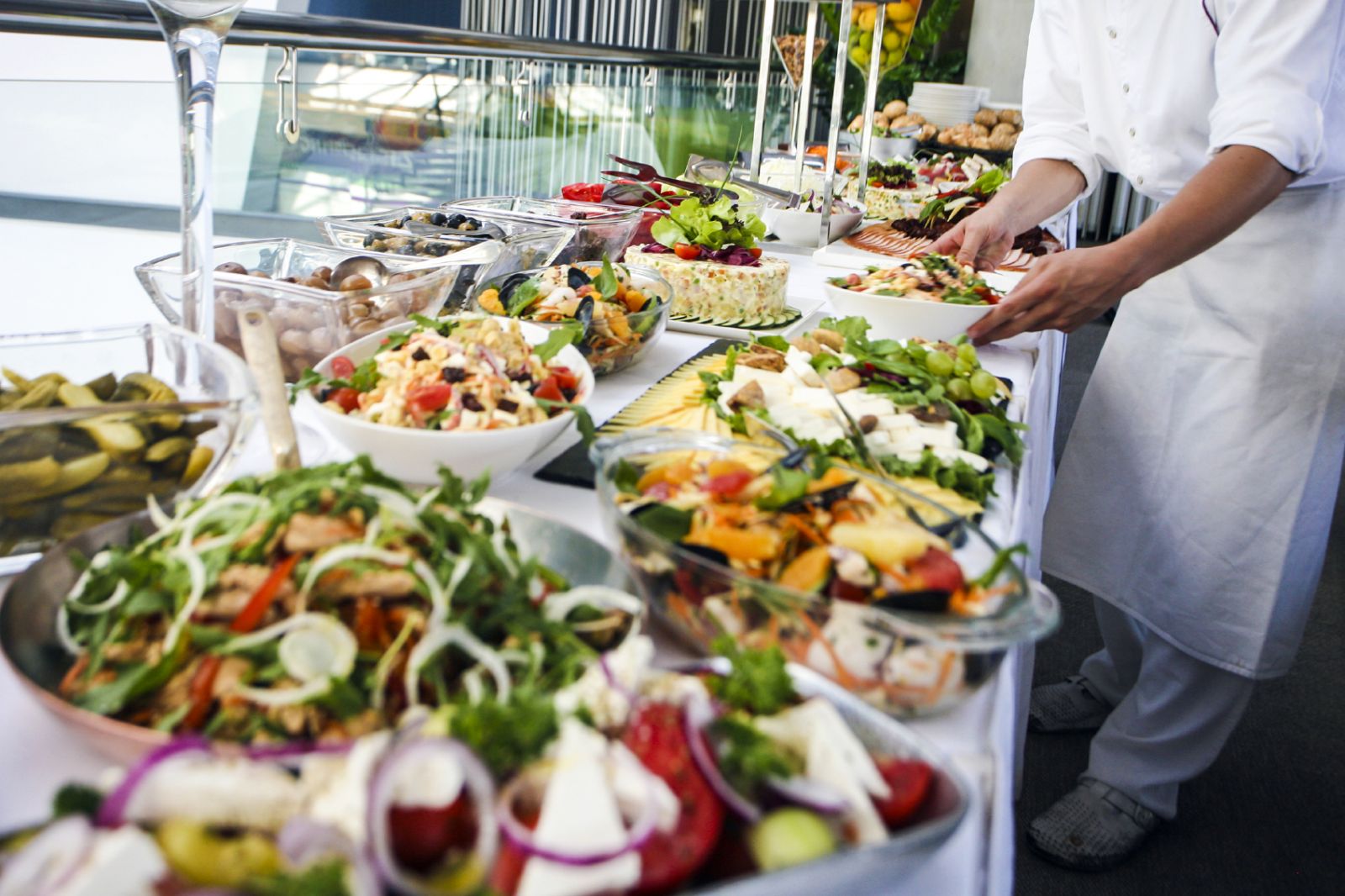Public health will always be an uphill battle until our food environment and economy encourage a healthy food supply. Thats why the diverse group of nutrition experts of Oldways Common Ground agree that food systems (the process by which food travels from farm, to manufacturer, to our plates) should align with priorities for human and planetary health while supporting social responsibility, social justice, and animal welfare.
Sadly, our current food system supports quantity over quality, with little (if any) regard to health. In order to promote lasting change, the entire food system (from farm to table) must be restructured to better align with our common values.
While this may seem like a daunting task, the market moves much more swiftly than the government, meaning that individual actions can encourage large scale, positive changes. Indeed, consumer demand (and dollars) exert great pressure on the supply chain, as nobody wants to produce food thats not going to get purchased. In todays blog, well focus on three major ways you can support and encourage healthier food systems.
1. Know where your meat comes from. A healthier food system can help prevent many of the large swaths of foodborne illness that dominate headlines, while also improving nutrition. Today, many animals are raised outside of their natural habit, and illnesses too easily spread from one animal to the next. Supporting animal welfare, as part of an overall strategy towards a higher quality food supply, is an important step to help reduce food safety risks, and create a healthier, more equitable food system. At the store or farmers market, look for local producers, and perhaps pay a little more per pound, and eat a little less. Make soups, stews, and stir fries with small quantities of meat as a flavor accent, and you can enjoy higher quality meat produced in humane, sustainable ways without affecting your budget.
2. Support living wages and food access. Good nutrition is a constant challenge for people getting by without adequate pay, or living in underserved communities without access to grocery stores or fresh food: for them, empty calories are much easier to come by. Food systems that address these inadequacies (by shifting the supply of what is available, and paying a living wage to those who grow, cook, and serve our food) can help address problems at both ends of the eating spectrum, from hunger to obesity. Support movements such as fair trade or equal exchange, where growers are guaranteed better working conditions, or support local legislation for fair pay and living wages. No matter what neighborhood you’re in, by demanding (and buying) more healthful, responsibly produced food, you can demonstrate to retailers what type of food environment you want to live in.
3. Reduce food waste. One area of untapped potential for improving the food system is reducing food waste, thereby ensuring that more food makes it onto more plates. The United Nations Food and Agriculture Organization estimates that one third of our food supply ends up in landfalls. The negative effects of food waste are so stark, that if food waste were a country, it would be the third largest emitter of greenhouse gas emissions, after the US and China. While in less developed nations, nearly half of food waste occurs during harvest and processing, post consumer food waste in our own homes is a big problem in more developed nations like the US.
European and North American consumers waste 210-253 pounds of food per person per year, compared to only 13-24 pounds in Sub-Saharan Africa and South/Southeast Asia. As registered dietitian and television host Ellie Krieger said at our Finding Common Ground Conference, wasting 20% of your food is like buying I’ve bags of groceries then throwing one bag away as soon as you get home! While these issues need to be addressed on a larger scale to have the most meaningful impact, clearly, our personal choices are powerful. Scouring your fridge and pantry for inspiration, planning a menu, and sticking to a grocery list are all great skills that can help reduce food waste. You can also practice shopping for whole foods and learning to utilize them in their entirety (such as cooking with green tops, like beet greens, or buying a whole chicken, rather than boneless skinless breasts).
Vote with your fork
As more and more shoppers adjust their purchasing and eating habits, we can help create the positive structural change necessary to edge the market towards sustainable progress. These do not have to be large centralized changes from big institutions. In fact, it is widely acknowledged that diverse, localized and regionalized solutions that reflect site-specific priorities and capabilities are often more resilient and democratic. Thats because people have a stake in the treatment of their local resources and community, and are more likely to pursue strategies that preserve these resources. As we like to say at Oldways, every meal is an opportunity to vote with your fork!
Kelly Toups, Whole Grains Council program manager












Leave a comment